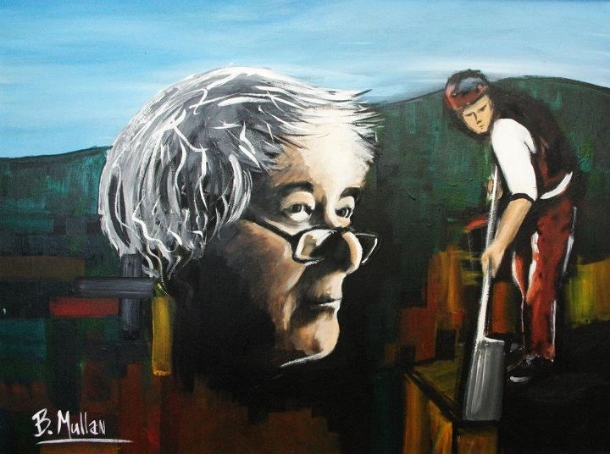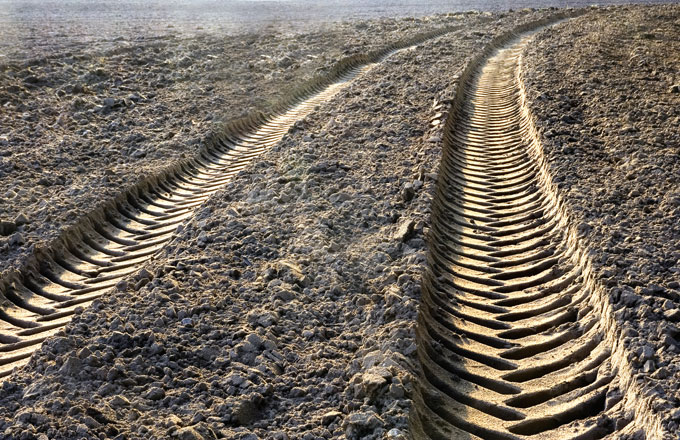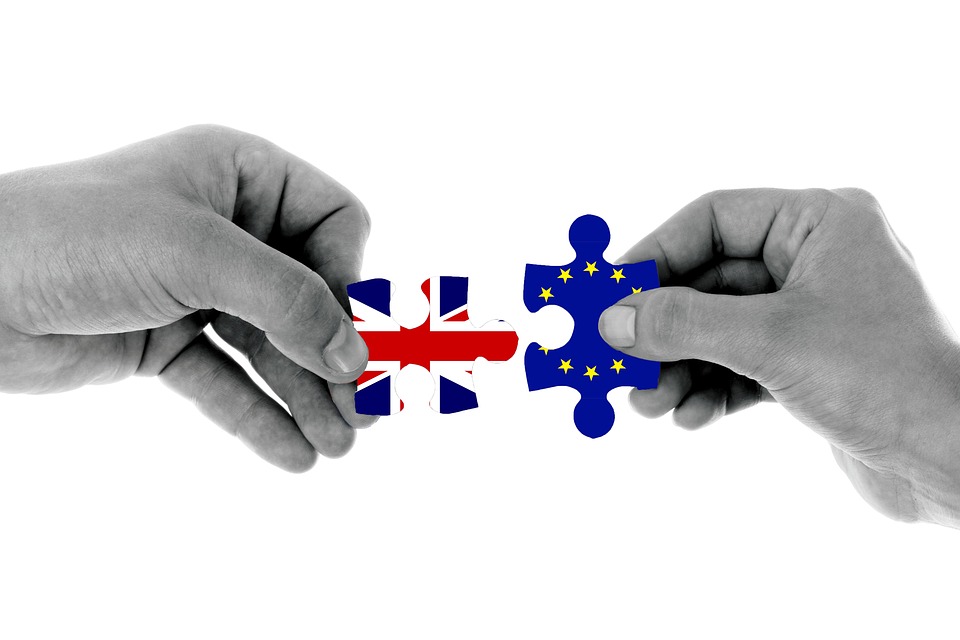Culture Column: why I’m still thinking about “Don’t Look Up”

7 January 2022
I tend to be a quiet film watcher. I don’t consult, I don’t verbally try to work out the plot in real time. I sit, I absorb and I debrief on the walk out if I’m in a cinema.
I threw all those rules out the window with Don’t Look Up, the latest Adam McKay film.
You probably heard about both it and the split reaction it’s caused – but let’s quickly recap. Two scientists try to warn society about the impending impact of a “planet-killer” comet and they face a number of blood-boiling obstacles: political inertia, ineptitude in the media, and widespread denialism, to name a few.
Sound familiar?
To be clear, it’s not a perfect parallel to the climate crisis and many reviews have acknowledged that. The timeframes are not the same, the worldview is dominated by the United States, and the outcome is a stark binary: life on earth or a wasteland, smoldering post-impact.
But all of that aside – I walked away from it feeling something I hadn’t felt in a long time: catharsis.
Throughout the film I found myself repeating the words “God, that’s so true” at ten-minute intervals. I felt like Adam McKay must have had lingering coffees with people working in the field and got to the heart of their frustration. I laughed, I sat up-right at attention, I felt hopeful and despondent at the same time.
It was one of the first times I felt like a piece of contemporary culture said that freaking out right now is an understandable, human, and overwhelming experience. And it managed to do all that with a peppering of humour.
I have a complicated relationship with hope. I’m often asked what my reserves of it look like. Truth be told, I don’t know. I also believe the question is often a delegation of worry – that if people working daily on this crisis feel hopeful, then there’s no cause for alarm.
Films, television shows and literature often dress an ending with a hope-fuelled vinaigrette, a sort of “it’ll-all-be-okay” in the end guarantee. There’s a point in the story where everything falls apart, but through a pop-music-powered montage, all is restored to as it once was.
But with global methane spiking, with wildfires decimating communities in the dead of winter, and with continued delay action, the idea of everything working out just fine and all remaining as it is isn’t going to cut it in culture anymore.
Our environmental crises are here now. So much has already been lost and there is so much still to fight for. It’s a both/and situation, not an either/or. That’s a complex thing to live with and a tough ask for any artist.
But acknowledging the kaleidoscope of emotions that comes from looking down the barrel of a cataclysmic problem – that’s release. That’s a sense of community.
That’s exactly why I think this film has resonated with so many.
[x_author title=”About the Author”]







